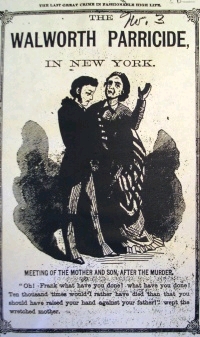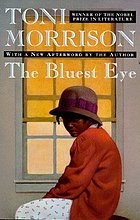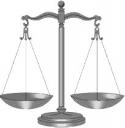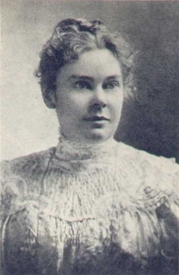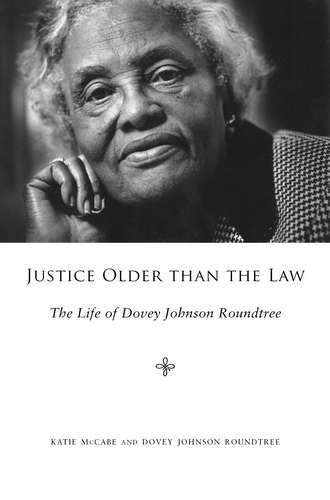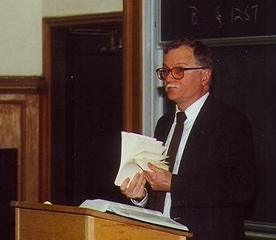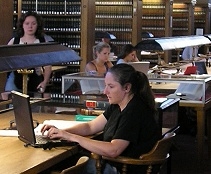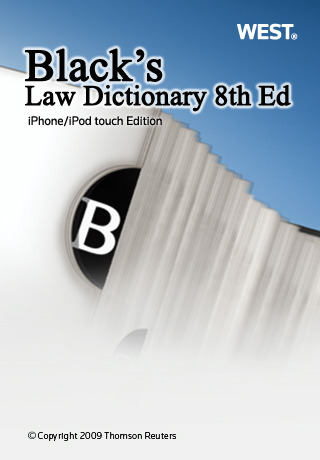 iPhone, iPod touch, and now iPad apps for legal research have been picking up steam, and a small variety of apps are currently available. Of course, none of these are useful to you if you have a Droid, a Blackberry, or a Palm Pre. Also how useful these are depends on how mobile you are and whether you want/need/like access to resources that your laptop with Wi-Fi can’t provide.
iPhone, iPod touch, and now iPad apps for legal research have been picking up steam, and a small variety of apps are currently available. Of course, none of these are useful to you if you have a Droid, a Blackberry, or a Palm Pre. Also how useful these are depends on how mobile you are and whether you want/need/like access to resources that your laptop with Wi-Fi can’t provide.
One prominent app is Black’s Law Dictionary, which West released in April 2009. The upsides include:
- Speed-it’s fast
- Auto-complete feature helps you find the words you’re looking for
- Audio pronunciation for 7,000 words, so you will never embarrass yourself again by mispronouncing a term
- You don’t need the Internet to access
- Links to other words and resources in Westlaw (e.g., Corpus Juris Secundum) if you have an account (but you may have to pay to use them, depending on your plan)
- Portability, of course!
The downsides:
- The price is steep for an app–$49.99–which won’t be worth it for many who already have access to Black’s through Westlaw or in print
- App is for the 8th edition of Black’s, but West published the 9th edition last summer (no word yet on if and when West will release an app for the 9th edition)
- Text does not resize itself when you zoom in
- No browsing words alphabetically
By the way, don’t confuse the iPhone app with Black’s Law Dictionary Digital. The Digital version consists of a toolbar you download to your computer to use in Microsoft Word, Internet Explorer, and Mozilla Firefox. The toolbar links you to the online version of Black’s in Westlaw, and will provide spell-checking of legal terms in Word. This tool is not something I find useful since I can add legal terms to the spell checker the first time it finds them and the toolbar does not make it much faster or easier to retrieve Black’s in Westlaw or from my bookshelf.
For a more detailed review of the Black’s app, see Jeff Richardson’s Review: Black’s Law Dictionary for iPhone on iphonejd.com; also see the reviews from users in iTunes.
If you don’t want to pony up $50 for Black’s Dictionary, never fear: free law dictionary apps are also available and will be the subject of a future post.

